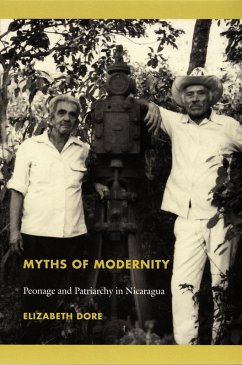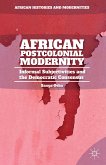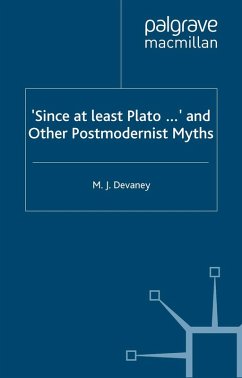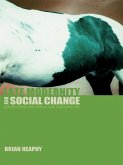In Myths of Modernity, Elizabeth Dore rethinks Nicaragua's transition to capitalism. Arguing against the idea that the country's capitalist transformation was ushered in by the coffee boom that extended from 1870 to 1930, she maintains that coffee growing gave rise to systems of landowning and labor exploitation that impeded rather than promoted capitalist development. Dore places gender at the forefront of her analysis, which demonstrates that patriarchy was the organizing principle of the coffee economy's debt-peonage system until the 1950s. She examines the gendered dynamics of daily life in Diriomo, a township in Nicaragua's Granada region, tracing the history of the town's Indian community from its inception in the colonial era to its demise in the early twentieth century.Dore seamlessly combines archival research, oral history, and an innovative theoretical approach that unites political economy with social history. She recovers the bygone voices of peons, planters, and local officials within documents such as labor contracts, court records, and official correspondence. She juxtaposes these historical perspectives with those of contemporary peasants, landowners, activists, and politicians who share memories passed down to the present. The reconceptualization of the coffee economy that Dore elaborates has far-reaching implications. The Sandinistas mistakenly believed, she contends, that Nicaraguan capitalism was mature and ripe for socialist revolution, and after their victory in 1979 that belief led them to alienate many peasants by ignoring their demands for land. Thus, the Sandinistas' myths of modernity contributed to their downfall.
Dieser Download kann aus rechtlichen Gründen nur mit Rechnungsadresse in A, B, BG, CY, CZ, D, DK, EW, E, FIN, F, GR, HR, H, IRL, I, LT, L, LR, M, NL, PL, P, R, S, SLO, SK ausgeliefert werden.









